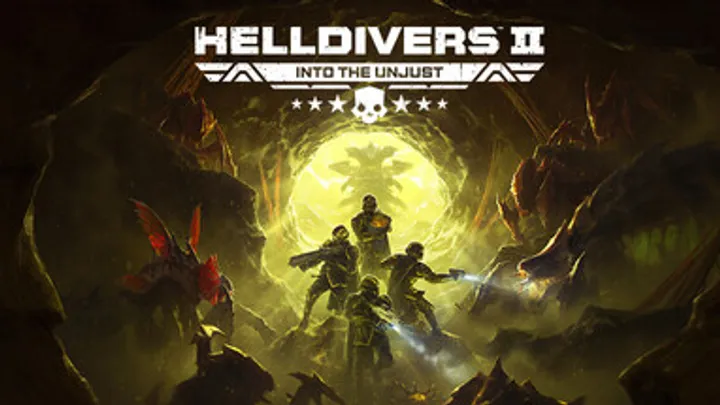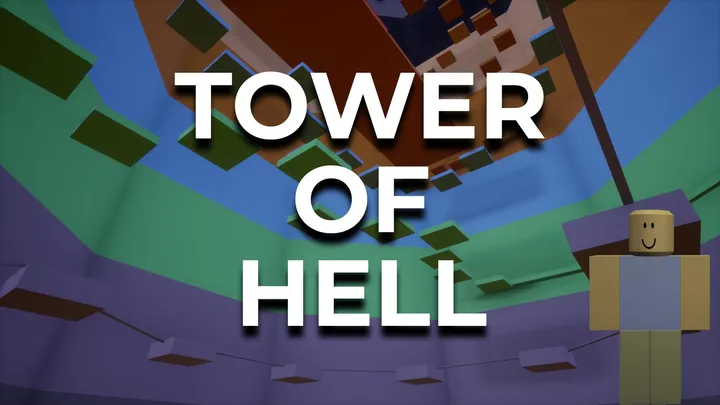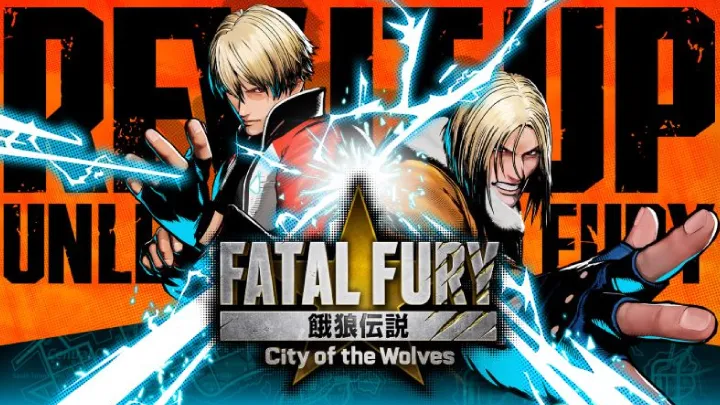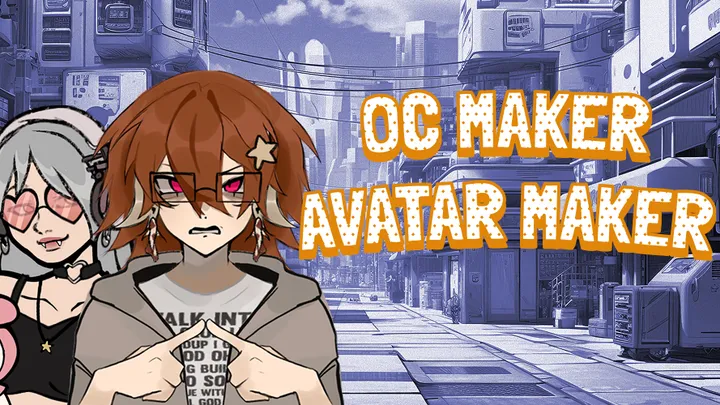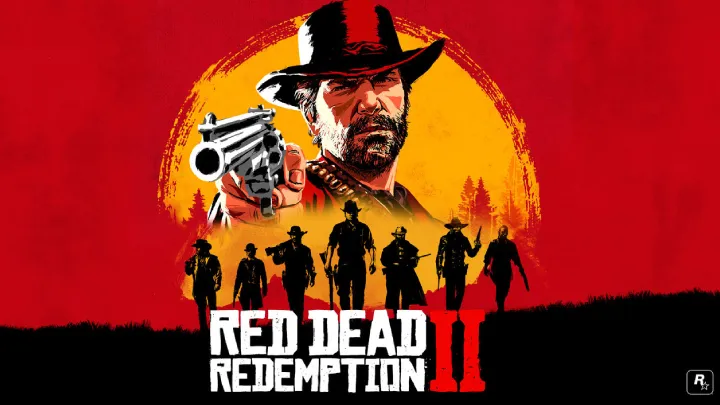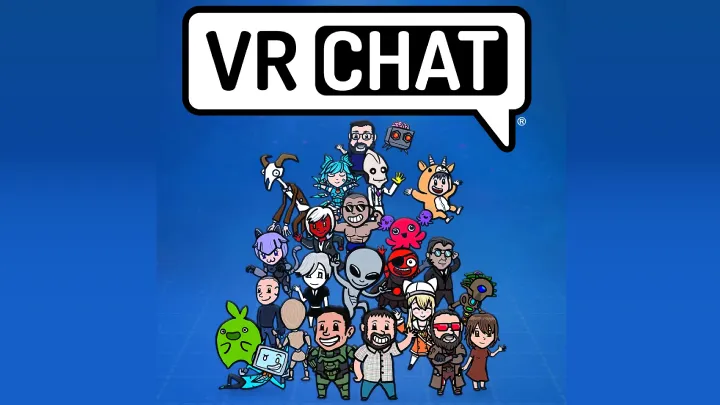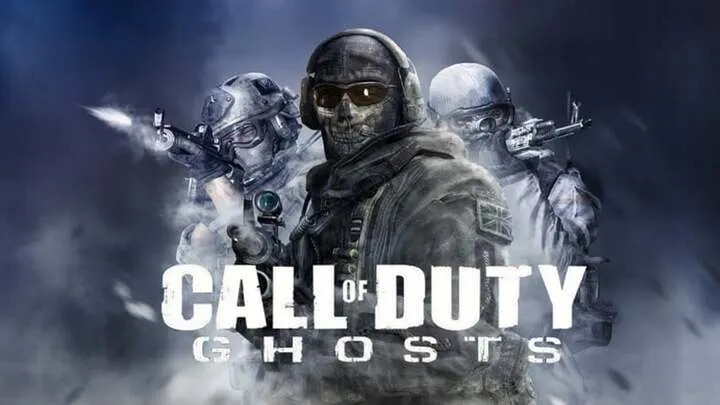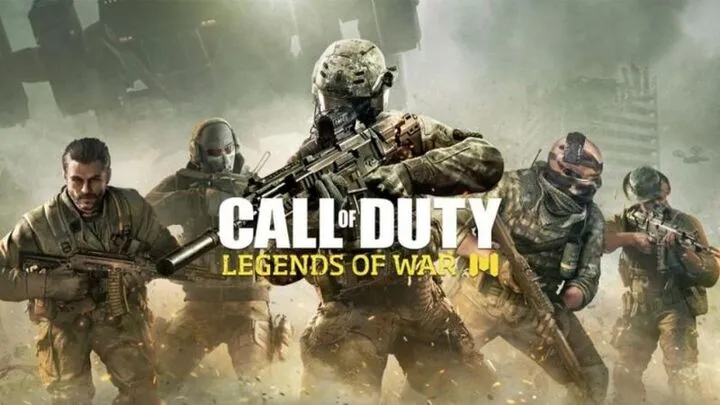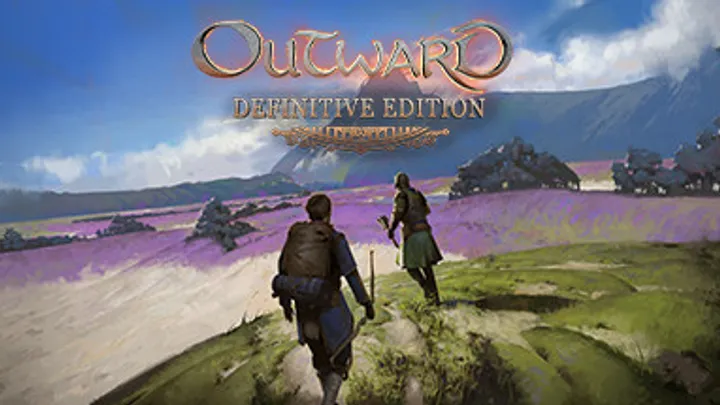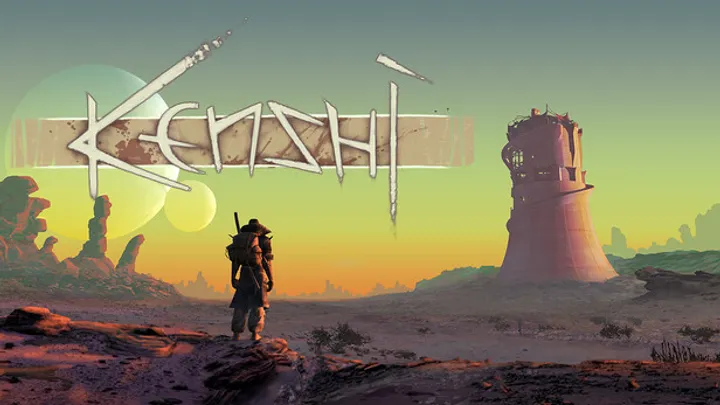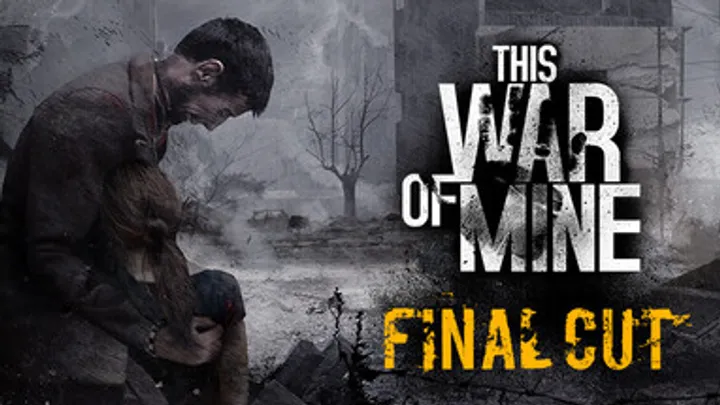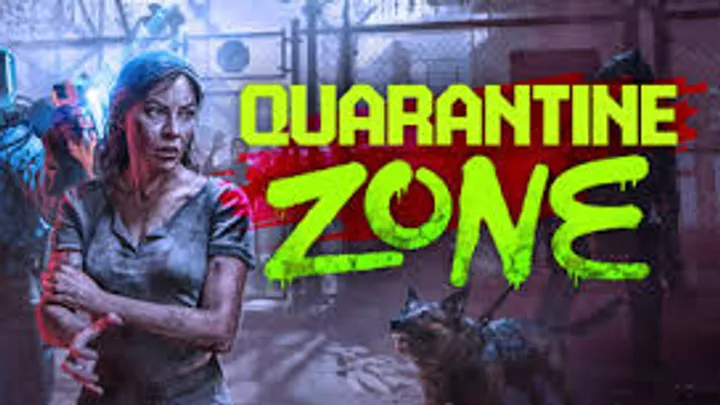Introduction
Destiny 2, developed by Bungie, stands as a significant player in the realm of online multiplayer first-person shooters. Released in September 2017, it has evolved through numerous expansions and seasonal updates, creating a complex universe filled with lore, gameplay mechanics, and a vibrant community. This review aims to delve deep into various aspects of Destiny 2, analyzing its gameplay, graphics, sound design, story, community, and overall impact on the gaming landscape.
Gameplay Mechanics
Core Structure
At its core, Destiny 2 combines elements of traditional first-person shooters with RPG mechanics. Players take on the role of Guardians, protectors of Earth's last safe city, wielding various weapons and abilities to combat alien races and other enemies. The game features a mix of PvE (Player vs Environment) and PvP (Player vs Player) content, offering a rich tapestry of gameplay experiences.
Combat System
The combat system in Destiny 2 is fluid and engaging. Players can choose from three classes: Titan, Hunter, and Warlock, each with unique abilities and playstyles. The gunplay is one of the standout features, with a diverse array of weapons that cater to different preferences, from hand cannons to sniper rifles. The introduction of Season Passes has also added new weapons regularly, keeping the combat fresh and exciting.
Abilities and Customization
Each class has a set of abilities that can be tailored to suit individual playstyles. The skill trees allow players to choose paths that enhance their gameplay, whether focusing on support roles, damage dealing, or tanking. This level of customization encourages experimentation and replayability, as players can redefine their approach to various challenges.
Visual and Audio Design
Graphics
Destiny 2 is visually stunning, with environments ranging from the lush landscapes of the Tangled Shore to the eerie, desolate vistas of the Moon. The attention to detail in character models, weapon designs, and environmental effects creates an immersive experience. The game runs smoothly on various platforms, maintaining high frame rates and vibrant color palettes that enhance the overall aesthetic.
Sound Design
The sound design in Destiny 2 is equally impressive. The weapon sounds are satisfying, providing feedback that feels impactful during combat. The voice acting is well-executed, with characters that resonate emotionally with players. The soundtrack, composed by a talented team, complements the gameplay perfectly, enhancing the epic feel of the game's narrative.
Story and Lore
Narrative Structure
Destiny 2’s story has evolved significantly since its launch. The game presents a rich lore that intertwines with its expansions, such as Forsaken, Shadowkeep, and The Witch Queen. Each expansion builds upon the world, introducing new characters, conflicts, and resolutions that keep players engaged.
Character Development
Characters in Destiny 2 are multifaceted. The journey of the Guardians is mirrored by the evolution of supporting characters like Cayde-6, Ikora Rey, and Zavala. Their arcs contribute depth to the narrative, making players invested in the unfolding events. The emotional weight of certain storylines, particularly the loss of Cayde-6, resonates deeply within the community.
Community and Multiplayer Experience
Cooperative Gameplay
One of the most appealing aspects of Destiny 2 is its cooperative gameplay. Raids and strikes require teamwork and coordination, fostering a sense of community among players. The game's design encourages players to collaborate, strategize, and communicate, leading to memorable experiences.
Competitive Scene
The PvP component, known as Crucible, offers a different kind of thrill. While not as robust as some dedicated shooters, it provides a range of modes that cater to both casual and competitive players. The balance of weapons and abilities is regularly adjusted, ensuring a fair and engaging experience for all.
Community Engagement
Bungie has cultivated a passionate community around Destiny 2. Regular updates, community events, and seasonal content keep players engaged. The developer's transparency in communicating with players fosters trust and loyalty, making the community feel valued and heard.
Expansion Packs and Updates
Forsaken
Released in 2018, Forsaken marked a significant turning point for Destiny 2. It introduced a darker narrative and a wealth of new content, including the Dreaming City, new subclasses, and the Gambit mode. This expansion revitalized interest in the game and set a new standard for future content.
Shadowkeep and Beyond Light
Following Forsaken, Shadowkeep brought players back to the Moon, reintroducing familiar foes and expanding the lore. Beyond Light introduced players to the frozen moon of Europa and the concept of Darkness, offering new gameplay mechanics and a fresh narrative direction.
The Witch Queen
The Witch Queen expansion further deepened the lore, exploring the complexities of the Hive and their connection to the Light and Darkness. This expansion was praised for its storytelling and gameplay innovations, solidifying Destiny 2's place in the gaming landscape.
Criticisms and Challenges
Content Vaulting
One of the most controversial aspects of Destiny 2 has been the Content Vaulting system. While intended to streamline the game and focus on new content, many players feel that it has led to the loss of beloved maps and activities, creating a sense of disconnection from the game's extensive history.
Balancing Issues
Like many online games, Destiny 2 faces challenges with balance. Weapon and ability adjustments can lead to periods of frustration for players, especially in the competitive Crucible. While Bungie actively works to address these issues, they remain a point of contention within the community.
Conclusion
Destiny 2 is a game that has grown and evolved since its initial release, offering players a vast universe filled with engaging gameplay, rich lore, and a vibrant community. While it faces challenges, such as content vaulting and balancing issues, the developers' commitment to continuous improvement and player engagement ensures that it remains relevant in the gaming world.
With its stunning visuals, compelling narratives, and cooperative gameplay, Destiny 2 stands as a benchmark for online multiplayer experiences. It invites players not only to engage in thrilling combat but also to immerse themselves in a story that is both epic and personal. As Bungie continues to expand this universe, the future looks bright for Guardians everywhere.

















































